The job market is transforming at an unprecedented pace, driven by technological advancements, automation, and global economic shifts. To thrive in this dynamic environment, professionals must equip themselves with skills that are not only in demand but also versatile across industries. The World Economic Forum’s Future of Jobs Report (Future of Jobs Report) has identified key skills that are expected to be critical for career growth by 2025. These competencies, ranging from analytical thinking to resilience, reflect the needs of a workforce navigating a complex and rapidly changing landscape. Below, we explore the top 8 skills you should prioritize to future-proof your career.
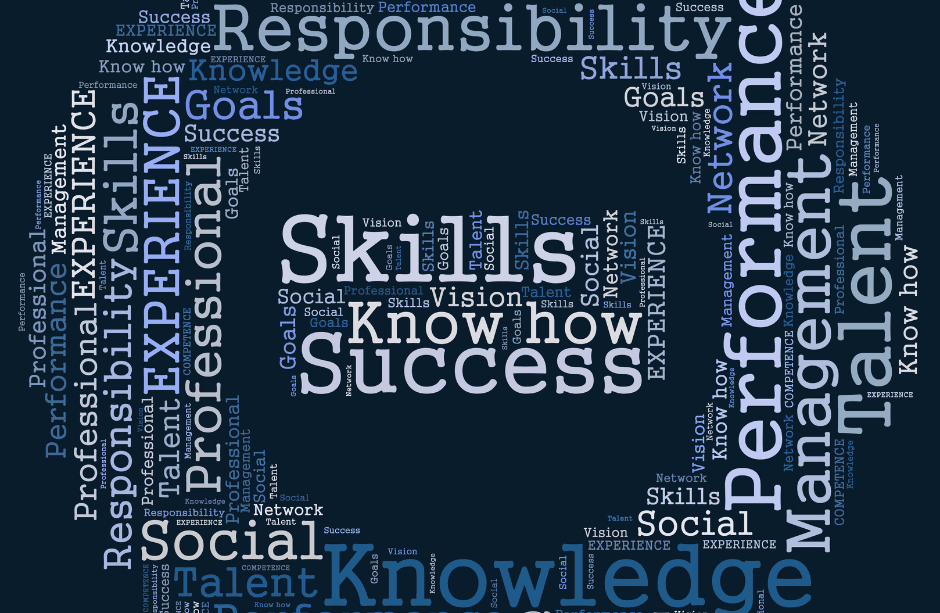
Top 8 Skills to Learn for Career Growth in 2025
Analytical Thinking and Innovation
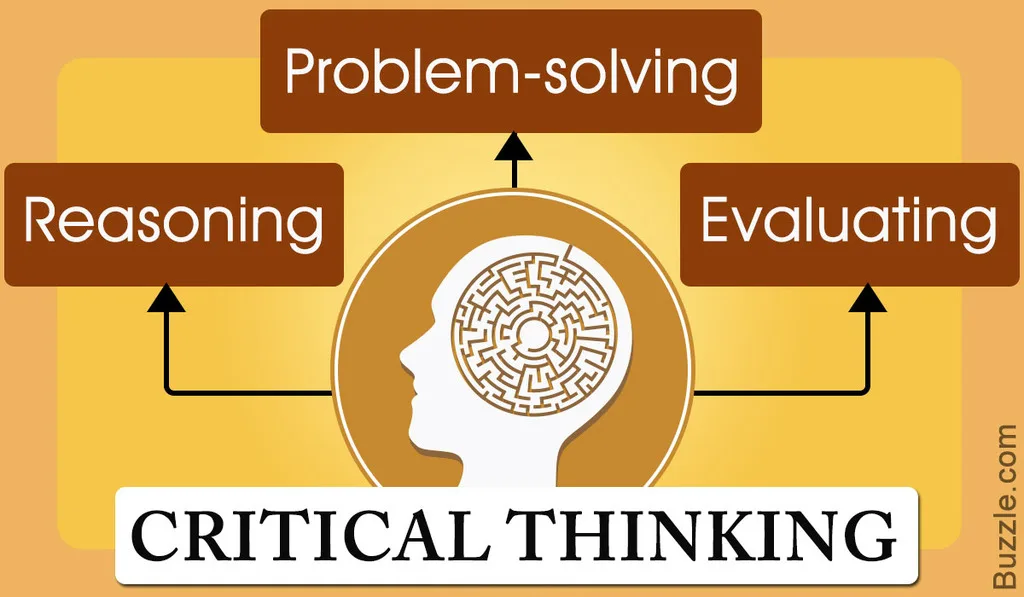
- What it is: The ability to analyze complex data or problems and devise innovative solutions.
- Why it matters: As businesses increasingly rely on data-driven decisions, professionals who can interpret information and propose creative strategies are invaluable. This skill is crucial in fields like marketing, finance, and technology, where innovation drives competitive advantage.
- How to develop it: Engage in problem-solving exercises, take data analysis courses, or participate in brainstorming sessions to spark creativity.
Active Learning and Learning Strategies
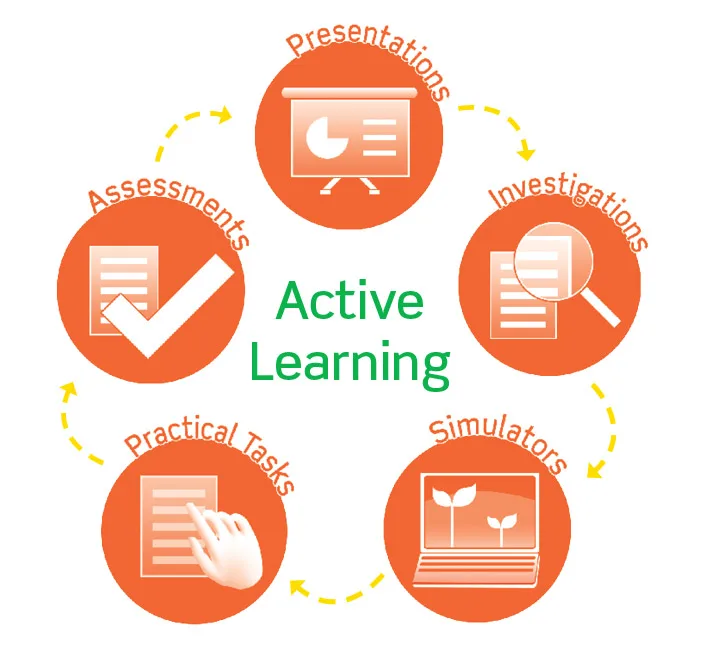
- What it is: The practice of continuously acquiring new knowledge and adapting to emerging technologies or trends.
- Why it matters: With technology evolving rapidly, the ability to learn efficiently ensures you remain relevant. This skill is particularly important in industries like IT and healthcare, where new tools and methods emerge frequently.
- How to develop it: Explore online learning platforms like Coursera (Coursera) or set personal learning goals to stay updated on industry trends.
Complex Problem-Solving
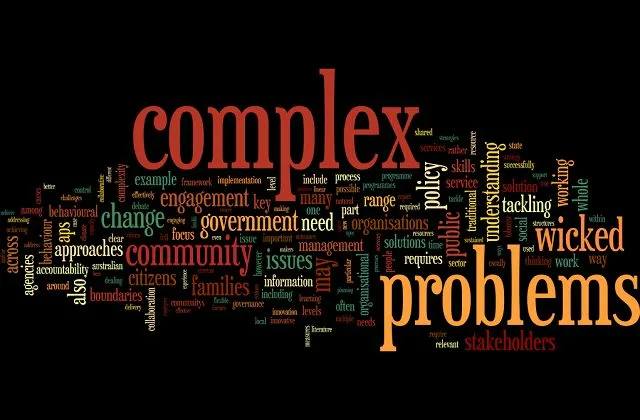
- What it is: The capacity to tackle multifaceted problems that require strategic thinking and nuanced solutions.
- Why it matters: Many roles, from project management to engineering, demand the ability to address challenges that lack straightforward answers. This skill distinguishes top performers in high-stakes environments.
- How to develop it: Practice solving real-world problems in your workplace or through case studies and simulations.
Critical Thinking and Analysis
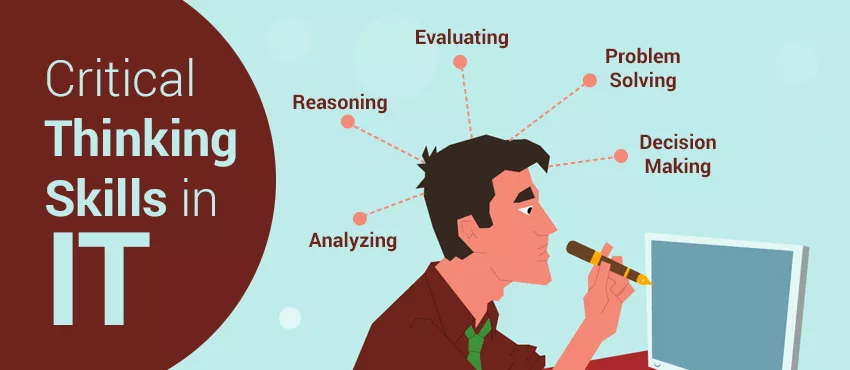
- What it is: The ability to evaluate information objectively, identify biases, and make informed decisions.
- Why it matters: Critical thinking is essential for navigating misinformation and making sound judgments, whether in leadership roles or analytical positions. It’s a foundational skill for strategic planning and risk management.
- How to develop it: Engage in debates, analyze case studies, or take courses in logic and reasoning.
Resilience, Stress Tolerance, and Flexibility
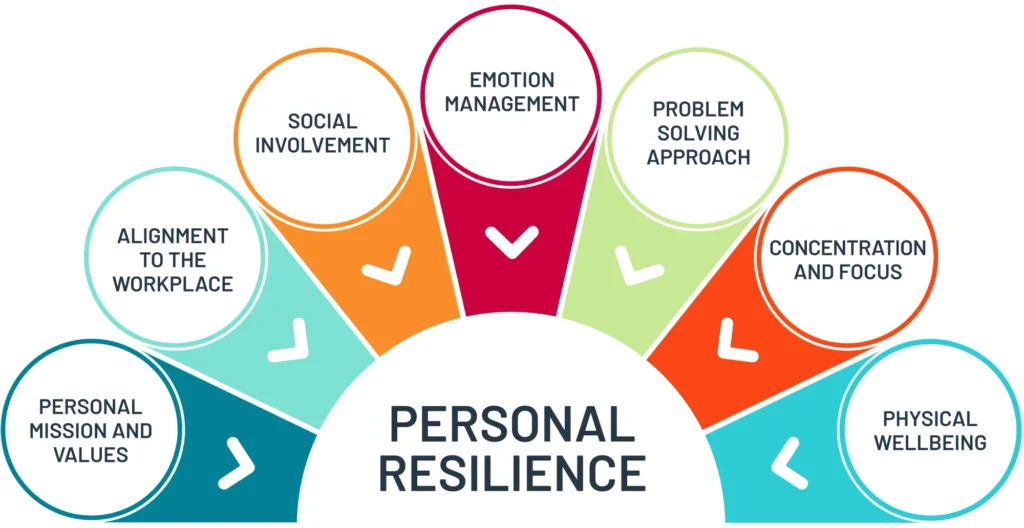
- What it is: The capacity to adapt to change, manage stress, and recover from setbacks.
- Why it matters: In fast-paced work environments, resilience ensures sustained productivity and mental well-being. This skill is particularly relevant in high-pressure industries like finance and event planning.
- How to develop it: Practice mindfulness, seek feedback to build adaptability, and develop stress management techniques.
Creativity, Originality, and Initiative
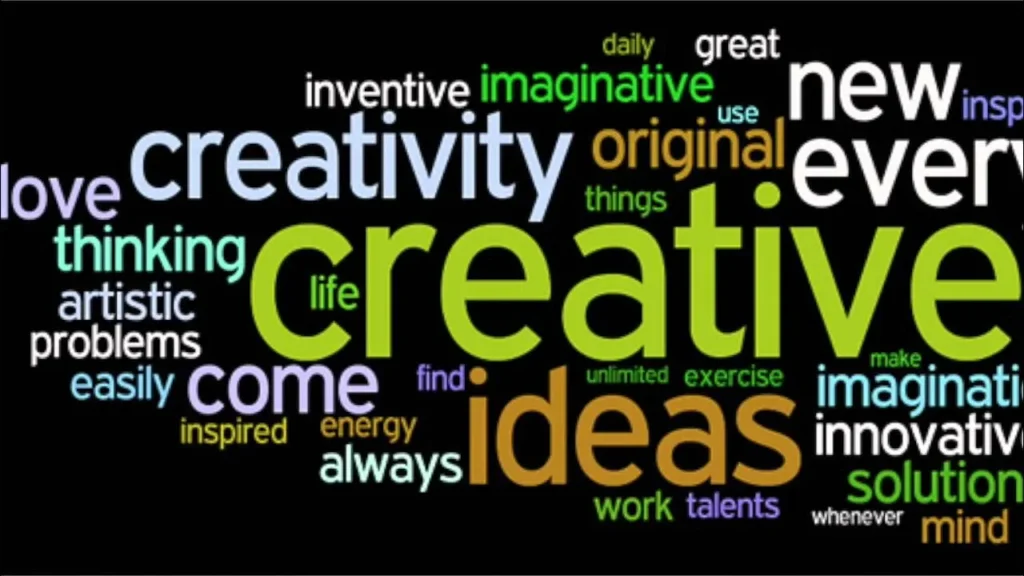
- What it is: The ability to think outside the box, generate novel ideas, and take proactive steps to implement them.
- Why it matters: Creativity fuels innovation, which is critical for businesses seeking to differentiate themselves. This skill is highly valued in marketing, product development, and entrepreneurship.
- How to develop it: Experiment with creative hobbies, collaborate on innovative projects, or take courses in design thinking.
Leadership and Social Influence
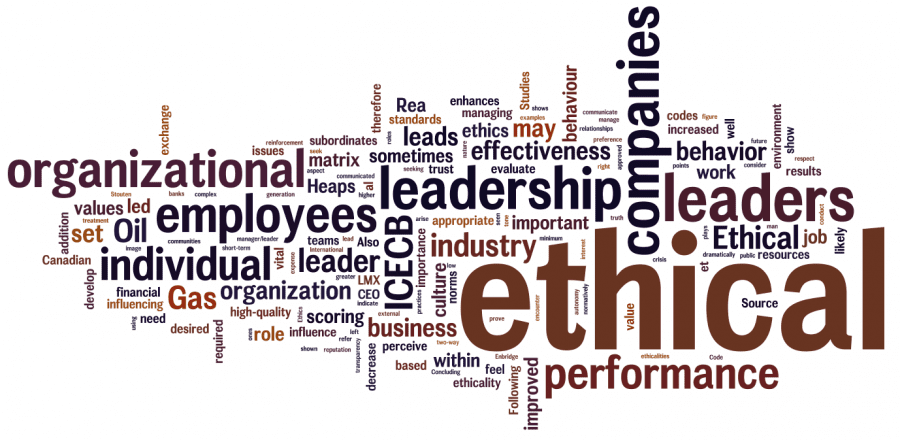
- What it is: The ability to guide teams, inspire others, and build strong professional relationships.
- Why it matters: Leadership is essential for career advancement, as it enables you to manage projects, influence stakeholders, and drive organizational goals. This skill is critical for roles in management and human resources.
- How to develop it: Take on leadership roles in your workplace, join professional networks, or enroll in leadership training programs.
Reasoning, Problem-Solving, and Ideation
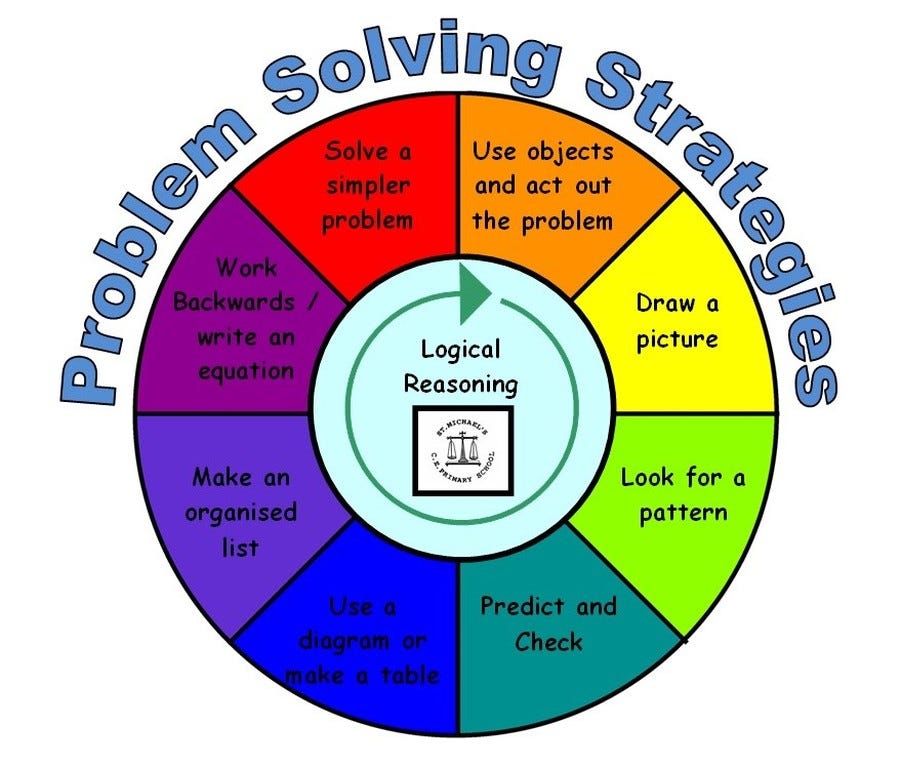
- What it is: The use of logical reasoning to generate ideas and solve problems effectively.
- Why it matters: This skill underpins strategic planning and innovation, making it essential for roles in consulting, research, and development. It complements other problem-solving skills by emphasizing idea generation.
- How to develop it: Participate in brainstorming sessions, study logical reasoning, or work on cross-functional projects.
Additional Skills to Consider
While the top 8 skills are prioritized for their broad applicability, two additional skills from the World Economic Forum’s list are worth noting: emotional intelligence and technology design and programming. Emotional intelligence, which involves understanding and managing emotions, is critical for building strong workplace relationships. Technology design and programming are increasingly important as automation and digital tools reshape industries. Professionals interested in tech-heavy roles may prioritize these skills alongside the top 8.
Why These Skills Stand Out
These skills were selected for their versatility and high demand across diverse industries, from technology to healthcare to creative sectors. According to the World Economic Forum, approximately 50% of employees will need reskilling by 2025 due to automation and economic shifts (Future of Jobs Report). The chosen skills are transferable, meaning they enhance your employability regardless of your field. For example, analytical thinking is valuable in data science and marketing, while resilience benefits professionals in high-stress roles like event planning. By mastering these competencies, you can position yourself as a adaptable and forward-thinking candidate, ready to tackle the challenges of 2025.
Comparison with Other Skill Lists
Other sources, such as Coursera’s list of high-income skills (High-Income Skills), emphasize technical skills like generative AI, data analysis, and software development. While these are valuable for specific high-paying roles, the World Economic Forum’s list prioritizes a balance of soft and hard skills, making it more broadly applicable. For instance, Coursera’s focus on technical skills suits tech professionals, but the WEF’s inclusion of resilience and leadership appeals to a wider audience, including those in non-technical fields.
| Skill | WEF List (Top 8) | Coursera List | Key Difference |
|---|---|---|---|
| Analytical Thinking and Innovation | Yes | Partial (Data Analysis) | WEF emphasizes innovation alongside analysis, broader than Coursera’s data focus. |
| Active Learning and Learning Strategies | Yes | No | WEF highlights continuous learning, absent in Coursera’s technical focus. |
| Complex Problem-Solving | Yes | No | WEF prioritizes strategic problem-solving, not explicitly covered by Coursera. |
| Critical Thinking and Analysis | Yes | No | WEF focuses on objective analysis, not a primary focus in Coursera’s list. |
| Resilience, Stress Tolerance, Flexibility | Yes | No | WEF emphasizes adaptability, unique to its list compared to Coursera’s technical skills. |
| Creativity, Originality, and Initiative | Yes | Partial (Content Creation) | WEF’s broader creativity focus applies beyond Coursera’s content-specific skill. |
| Leadership and Social Influence | Yes | No | WEF includes leadership, absent in Coursera’s technical skill set. |
| Reasoning, Problem-Solving, and Ideation | Yes | No | WEF’s focus on ideation complements problem-solving, not covered by Coursera. |
| Generative AI | No | Yes | Coursera prioritizes specific tech skills, less emphasized in WEF’s broader list. |
| Software Development | No | Yes | Coursera focuses on technical coding skills, included in WEF’s broader tech skill. |
How to Start Learning These Skills
Developing these skills requires a combination of formal education, practical experience, and self-directed learning. Here are actionable steps:
- Online Courses: Platforms like Coursera (Coursera) offer courses in critical thinking, leadership, and data analysis. For example, Google and IBM provide programs to build analytical skills.
- Workplace Opportunities: Volunteer for projects that require problem-solving or leadership to gain hands-on experience.
- Self-Directed Learning: Read industry reports, practice mindfulness for resilience, or engage in creative hobbies to boost originality.
- Professional Networks: Join groups or attend workshops to enhance leadership and social influence.
The World Economic Forum notes that 40% of workers will require reskilling of six months or less, making these skills accessible with focused effort (Future of Jobs Report).
Final Thoughts
Investing in these top 8 skills is a strategic move for anyone aiming to advance their career in 2025. Whether you’re entering the workforce or seeking a promotion, these competencies will help you navigate challenges and seize opportunities in a competitive job market. By prioritizing analytical thinking, resilience, and leadership, you can build a robust skill set that employers value. Start today by identifying one or two skills to focus on, and take small steps toward mastery—your future career will thank you.

